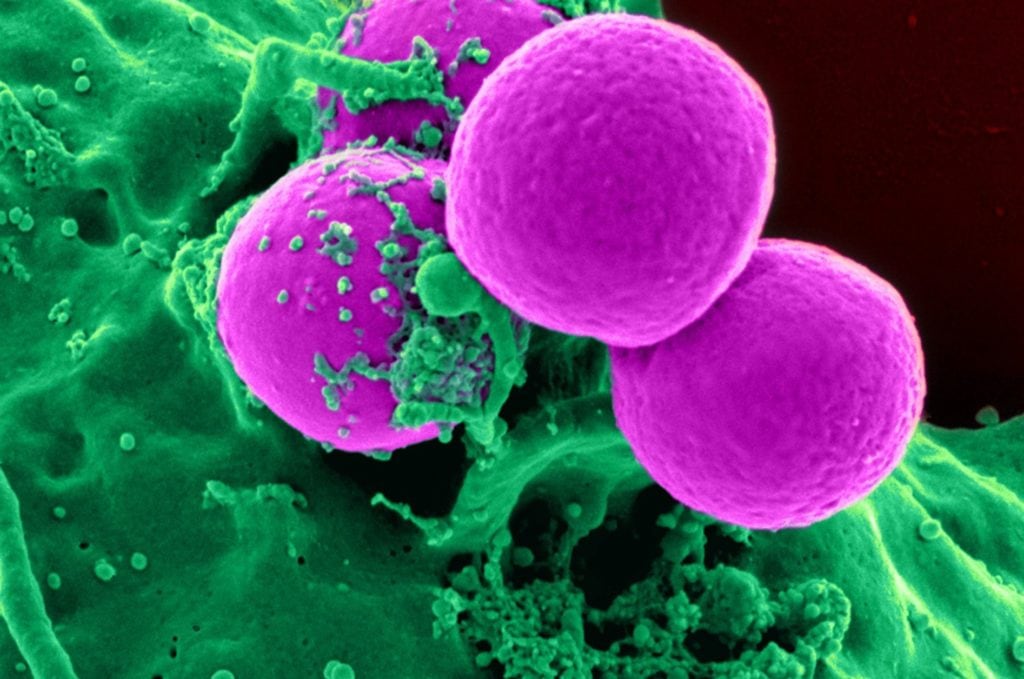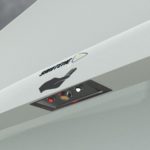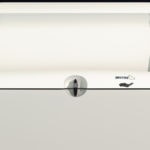These Innovations Fight Germs in Flight
Share

The 2020 Crystal Cabin Awards submissions that are trying to solve the problem of germs spreading in flight are timely in light of the recent coronavirus outbreak.
Health scares are not good for an airline’s bottom line, nor for the passenger experience. The outbreak of the Coronavirus in Wuhan, the capital of China’s Hubei province, has seen the implementation of travel bans that have affected airline stock prices, while growing fear surrounding the spread of the disease is sending passengers into panic, resulting in flight delays.
In recent years, the industry has been moving towards the implementation of hygiene-focused solutions. Companies like NanoTouch Materials have created self-cleaning films for airport surfaces such as TSA security bins and interactive touchscreens. Dimer is offering its GermFalcon robot, which sanitizes aircraft cabin interiors using ultraviolet-C (UVC) light, to airlines at no cost during the Coronavirus crisis.
The availability of germ-busting technology is only set to grow, if the “Greener Health, Safety Cabin and Environment” category in the 2020 Crystal Cabin Awards (CCAs) shortlist is anything to go by.
This is how GermFalcon deploys its lethal dose of UVC to airplane surfaces. #coronavirus pic.twitter.com/m8VUf1wHQN
— Dimer (@DimerUVC) January 28, 2020
One entry, SaniTene, looks at deploying miniature anti-bacterial hand wash dispensers at every seat in the aircraft cabin. “All International Health Organizations have unanimously reported that the most responsible and effective way to avoid acquiring an infectious agent, is to have clean hands before eating, touching face, mouth and such,” explained John Squicciarini, president of SaniTene LLC. “Washing with soap and water is the preferred method, and using hand sanitizer and other cleaning solutions is the alternative method when soap and water are not available.”
SaniTene’s solution consists of a dispenser at each seat, with each row of three seats hooked up to one fluid reservoir containing proprietary, non-alcoholic eco-friendly hand wash that is non-flammable and non-toxic. The dispensers are activated by proprietary hand-sensing technologies and, according to Squicciarini, could be installed anywhere – in overhead monuments, armrests or tray tables.
The product certainly has the potential to improve the passenger perception of an airline’s commitment to hygiene. As well as being a widely known and accepted form of sanitization used by commercial and medical establishments, the dispensers put the individual in control. “The solution allows passengers and crew to self-manage the process of being clean, resulting in feeling refreshed and comfortable throughout travel.”

Boeing has also submitted a germ-focused entry for this year’s CCAs. Following on from its self-cleaning lavatory concept, which was debuted in 2016, the company has now created “A next-generation polymer coating that can be applied to armrests, tray tables and other surfaces to help prevent the spread of viruses within the cabin.”
While further information is yet to be released, Boeing’s Crystal Cabin Award submission said, “The polymer works quickly, killing viruses and bacteria by disrupting the microbe’s outer shell and dehydrating the area around the microbe.”





